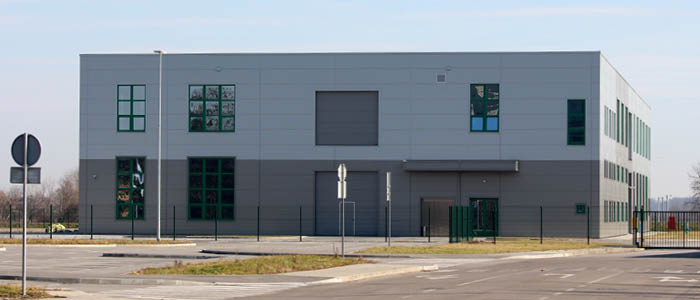Clifford Chance has advised Hillwood on the financing of the construction of the Hillwood & LCube Wroclaw East warehouse park in Dobrzykowice, near Wroclaw, provided by mBank and amounting to over EUR 28.4 million. CMS reportedly advised mBank.
Rymarz Zdort Maruta Advises Emeis Polska on Sale of One-Hectare Plot in Poznan
Rymarz Zdort Maruta has advised Emeis Polska on its sale of a one-hectare land plot in Poznan to AP Marchewka Investment.
JSK Advises Genesis Growth Equity Fund I on Sale of Homecare Holding to Penta Group
JSK has advised the Genesis Growth Equity Fund I on its sale of the Homecare Holding to the Penta Group. AK Evan reportedly advised the buyer.
Allen & Overy Advises Solida Capital on Acquisition of Grojecka 5 Office Building in Warsaw
Allen & Overy has advised Solida Capital on its acquisition of the Grojecka 5 office building in Warsaw from Cromwell European REIT. CMS reportedly worked on the deal as well.
Amendments to the Land Transaction Act from 1 January 2024
Certain amendments to the Land Transaction Act entered into force on 1 January 2024. The amendment introduces the definition of a rice farm, which includes the land and, as an accessory thereto, the land parcel registered as an area excluded from cultivation serving the rice production (e.g. ditch and drainage systems, embankments and farm roads). The amended Act contains specific provisions, such as two new legal bases for the pre-emption right in respect of rice farms.
Kinstellar Advises Dorado 1 on EUR 55 Million Financing from OTP Bank and DSK Bank
Kinstellar has advised Globe Trade Center subsidiary Dorado 1 on a EUR 55 million financing from OTP Bank and DSK Bank.
Dentons Advises CTP on EUR 200 Million Financing
Dentons has advised CTP on a EUR 200 million financing obtained from Alpha Bank, ING, and BRD Groupe Societe Generale for the development of a Romanian logistics park.






















